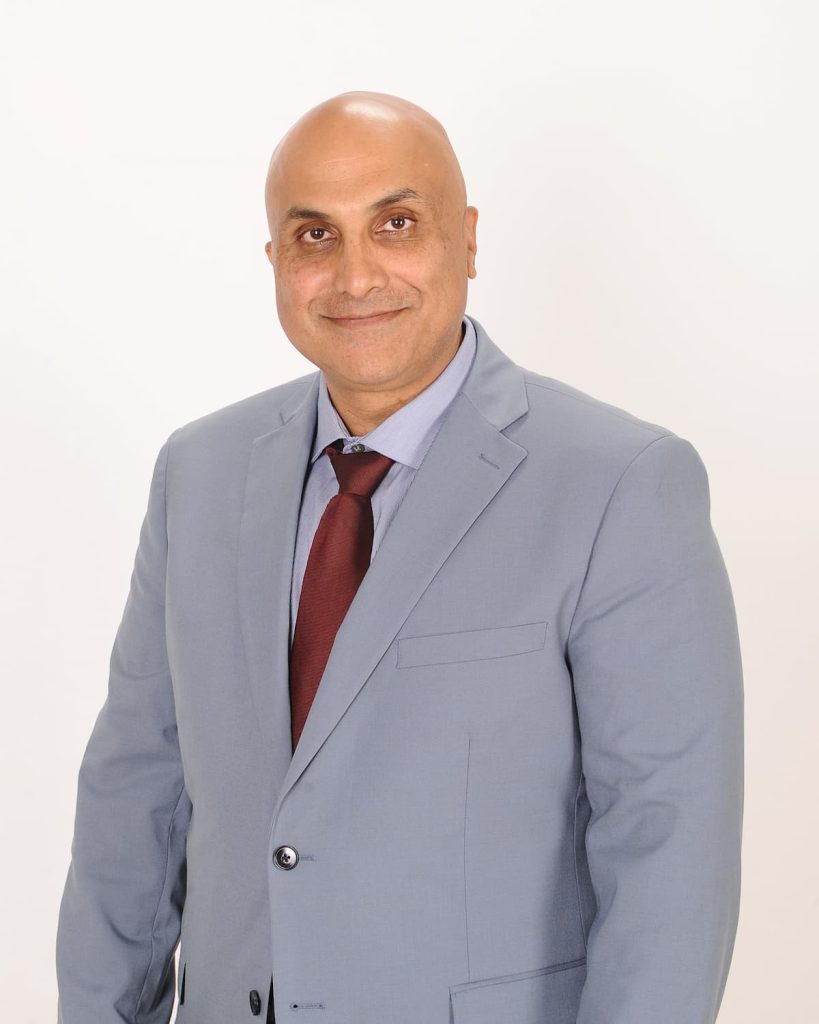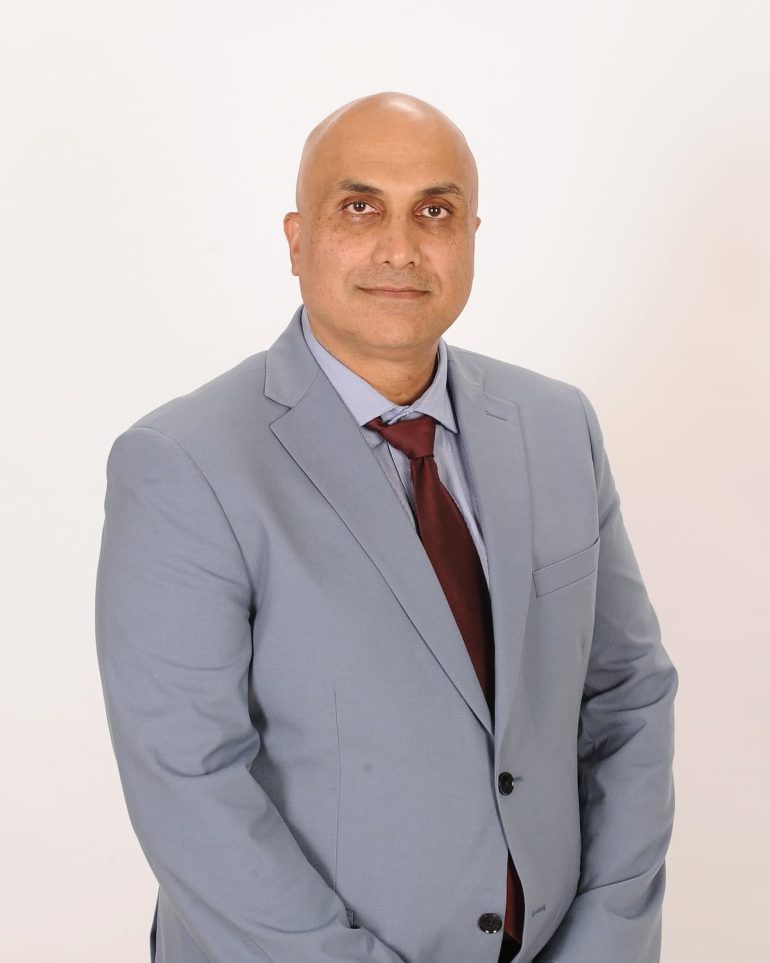By J. M. Lee
Gary Thandi, one of the most active community leaders in the South Asian Community, believes accessible counseling and support for diverse populations are critical to safer, healthier, and stronger communities.
Reminiscing about his twenty-five years of involvement in the mental health sector, he expresses his thoughts on what more can be done to alleviate the community’s Mental Health needs.
“Desmond Tutu once said, ‘There comes a point where we must stop pulling people out of the river. We need to go upstream and discover why they’re falling in.’ Unfortunately, our systems were never really set up to be proactive. Most are set up to be reactive, and sadly, when it comes to mental health, that means a lot of harm and trauma takes place before someone can access support,” Gary laments. “And even then, the support is mainly based on a medical model—patch them up and move them on. Such an approach works for physical health ailments but doesn’t work for mental health.”
For years, when he was in those systems, Gary advocated for the mental health and substance use needs of the diverse communities. He often heard the same thing from managers/directors within government: ‘You’re right, but we have nothing in our budgets.’ Or they would say they would send my ideas up their chain of command—where, inevitably, they would sit for months or years atop someone’s desk.
“People care, but systems don’t,” Gary vehemently says, “and we need to ensure we are centering on people’s needs—not system needs. We often apply 20th-century solutions to 21st-century problems. Sometimes, we feed the system, sometimes we starve it, but rarely do we ever change the system. And we need to change the system.”
While more funding would help, Gary emphasizes, it’s not the only issue.
“Our systems are too siloed, individualistic, and fragmented,” he stresses. “When it comes to South Asian mental health and substance use, I’ve lost count of how often I hear about how stigma and shame prevent them from coming forward, which are legitimate concerns; however, rather than what amounts to simply blaming the community for not seeking help, we need to ask what our systems need to do differently to reach these communities.”

Gary envisions a more responsive way to support our communities and to start moving forward. “Moving Forward is a low-barrier counseling service for anyone across Canada who needs it,” he suggests. “A registered non-profit and charity that complements other service providers, we don’t compete with them. We have 150 supervised interns nationwide, 30 clinical supervisors to support them, and 200 alumni who value the agency’s mission and offer sliding-scale support for anyone who cannot afford traditional therapy costs but would benefit from working with more experienced therapists or social workers. In less than a decade, we have become one of the busiest counseling non-profits in the country, providing about one hundred thousand hours of counseling and support services.”
There are several BC government sectors responsible for funding public counseling, and Moving Forward does not receive any funding from them. Gary notes this can be a challenge, but also feels this allows him to support diverse communities without being hindered by the bureaucracies, silos and tendency to support the status quo within many of those traditional systems.
“We appreciate support from local, provincial, and federal governments,” Gary says with gratitude, “but much of our support comes from the community. This support without the bureaucracy allows me to advocate for and lead the delivery of services. We cannot expect the same systems that were in place when the gaps developed and grew to now address those gaps. We need creative, innovative solutions to address those gaps, and Moving Forward is a testament to the need to think outside the box.”
Gary hopes our future leaders within government, non-profit, and business can see past their own needs and organizational needs to consider the big picture, which considers healing not just at an individual level but at a family, extended family, and community level and how to bring wraparound supports addressing both physical and mental health to facilitate long-term healing and wellness.
“Many organizations, with entire teams of fundraising professionals, do a fantastic job reaching out to South Asian communities, and sometimes they even host South Asian cultural-themed events that raise tens of thousands and even millions,” Gary says with gratitude. “Yet these funds don’t always go back to address South Asian mental health and well-being. South Asian communities are incredibly generous, and I appreciate how much they support all communities—but we should also expect that our South Asian community members are not left behind.”
Gary received the 2024 CASW National Social Work Month Distinguished Service Award, the 2023 BC Achievement Foundation Community Award, and the 2023 BC Crime Prevention & Safe Communities Award. In 2023, Charity Village awarded Moving Forward Family Services the national Best Non-Profit Employer—Volunteer program (Under 20 staff) Award. Gary also received the 2017 Excellence in Community Engagement Drishti Award.
He can be reached at gary@movingforward.help



